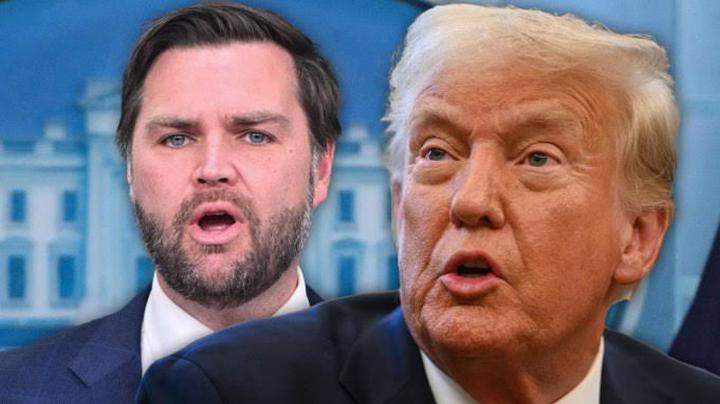According to Telegraph, Keith Kellogg, Donald Trump’s envoy to Ukraine, has proposed a controversial plan to end the ongoing war by dividing Ukraine in a manner reminiscent of Berlin after World War II.
In an interview with The Times, Kellogg suggested partitioning Ukraine into zones controlled by foreign powers, with British and French forces stationed in the west and Russian troops occupying the east. The proposal would require Ukraine to cede its eastern territories, currently under Russian control, as part of a peace deal.
Kellogg emphasized that the United States would not deploy ground troops in this scenario. Instead, he envisioned a division similar to post-war Berlin, where Allied powers and the Soviet Union each controlled separate zones. To prevent further escalation, he proposed an 18-mile demilitarized zone (DMZ) along the current front lines, with both sides retreating 15 kilometers. This “no-fire zone” would be monitored to maintain peace, though Kellogg acknowledged potential violations, citing historical precedents.
The plan has sparked significant debate, as it would involve Ukraine relinquishing control over parts of its territory, a move Ukrainian President Volodymyr Zelensky has firmly opposed. In March, Zelensky declared that Ukraine would never recognize occupied territories as Russian, describing them as “temporary occupations” and insisting that Ukrainian land and values are non-negotiable. He has also stressed the need for NATO protection for Ukraine’s remaining territories, a condition Russia opposes and the Trump administration appears reluctant to support.
Under Kellogg’s proposal, British and French forces would operate west of the Dnipro River, which runs through Kyiv, effectively splitting the country. Russia, meanwhile, would maintain influence in the east. The suggestion comes amid stalled negotiations and ongoing fighting, with both sides entrenched in their positions. Critics argue that partitioning Ukraine could undermine its sovereignty and set a dangerous precedent, while supporters see it as a pragmatic step toward ending the conflict.
The Trump administration has not officially endorsed the plan, and reactions from European allies remain unclear. As discussions continue, Ukraine faces mounting pressure to navigate its territorial integrity and security concerns in a volatile region.
You Can Get More News Using The Button Below.

